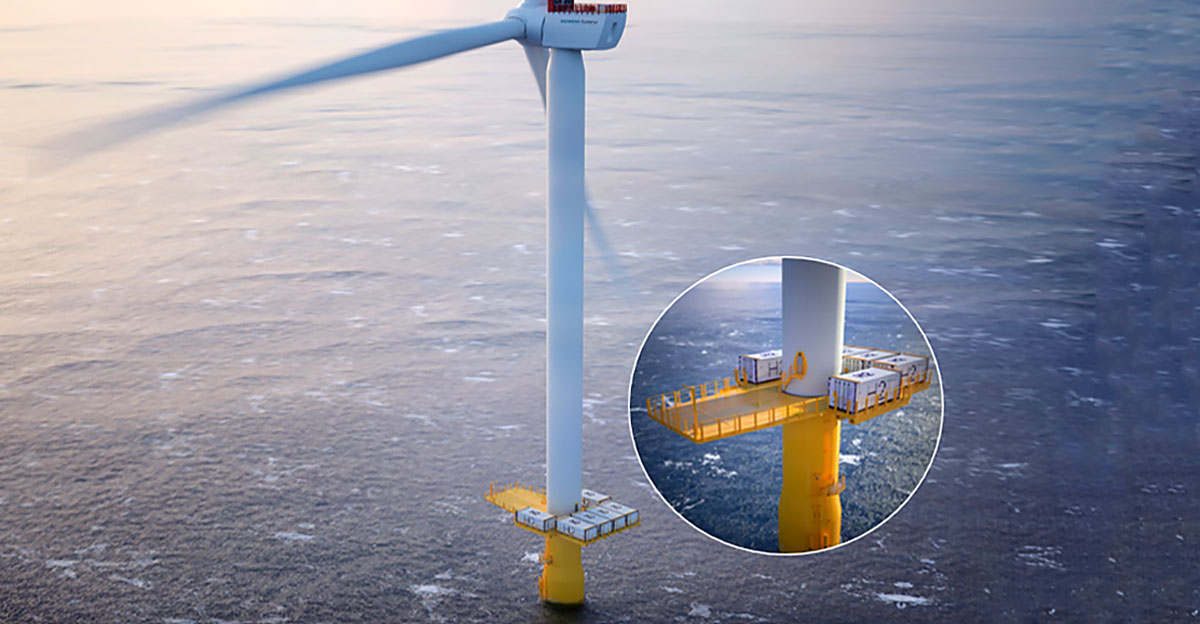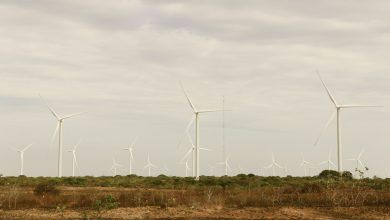Strohm and Siemens Gamesa MoU on Offshore Wind-to-Hydrogen Infrastructure
Strohm, the world’s first and leading manufacturer of fully bonded, Thermoplastic Composite Pipe (TCP), has signed a memorandum of understanding (MoU) with Siemens Gamesa Renewable Energy, the global market leader in offshore wind.
The collaboration will focus on developing hydrogen transfer solutions that improve the decentralized green hydrogen concept, whereby green hydrogen is generated in each wind turbine generator and transported to shore by a subsea pipe infrastructure. In this concept power cables are replaced by a pipe infrastructure, storing, and transferring hydrogen. Siemens Gamesa has a technical advisory role.
Strohm is the market leader in the design and manufacturing of TCP, which is particularly suited for carrying hydrogen offshore and subsea. Produced at its plant in The Netherlands, the corrosion-resistant technology does not fatigue or suffer from issues associated with using steel pipe for hydrogen, such as embrittlement. Manufactured in long spoolable lengths and flexible in nature, the pipe can be pulled directly into the wind turbine generator, quickly and cost effectively building an offshore wind farm infrastructure.
TCP does not require any maintenance and is suitable for over 30 years in operation, lowering the levelized cost of electricity (LCOE) to a minimum and enabling the decentralized concept solution.
As pioneer in the wind industry and leader in offshore wind, Siemens Gamesa has already taken significant steps in shaping the industry and developing the basis for a decentralized offshore solution, that fully integrates an electrolyser into an offshore wind turbine, with clear benefits and value-add potential such as capex reduction, increase of system efficiency, and increase of wind farm uptime.
“This is a truly exciting collaboration, working with Siemens Gamesa to understand how TCP can be the missing link in an offshore wind farm, generating green hydrogen. The key attributes of TCP – flexibility, no corrosion or maintenance requirements – allow for the most cost-effective infrastructure on a given wind farm. Our proven track record with TCP offshore is a pre-requisite to be considered a solution in future green hydrogen,” Martin van Onna, chief commercial officer at Strohm, said.
“At Siemens Gamesa, we believe in the potential of green hydrogen and have been working on the decentralized concept for some years. Strohm has supported us through several case studies, identifying the solutions that can be readily used which complement our own systems. This partnership will assist us to innovate together in an open format, accelerating the availability of green hydrogen,” Finn Daugaard Madsen, innovation manager – Power to X at Siemens Gamesa, added.



